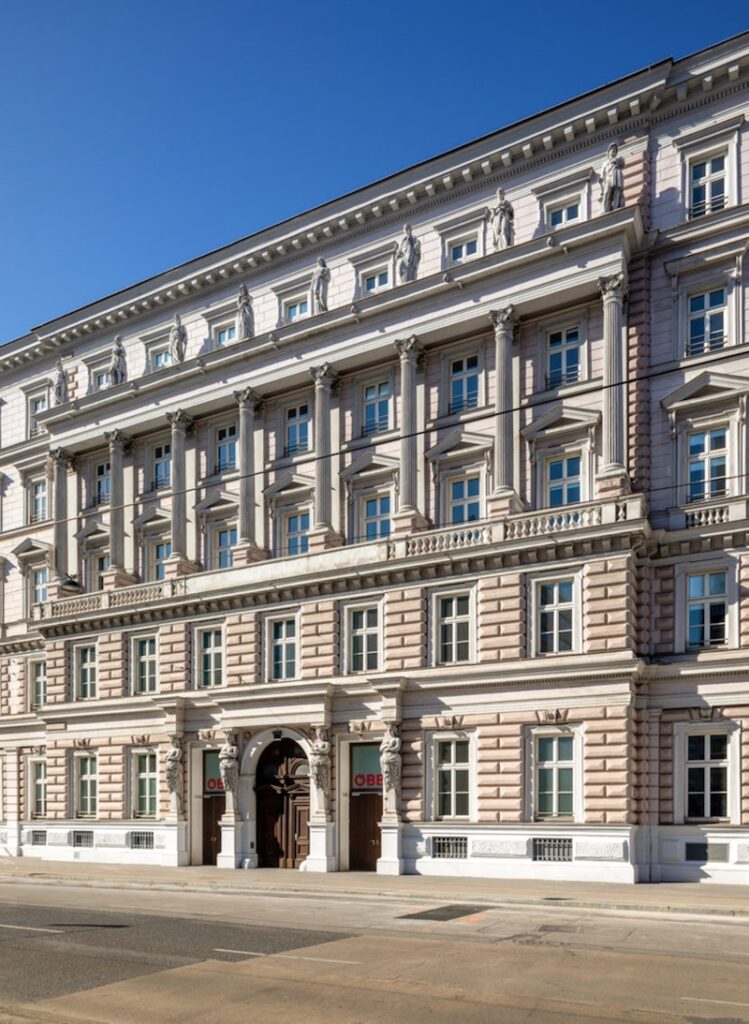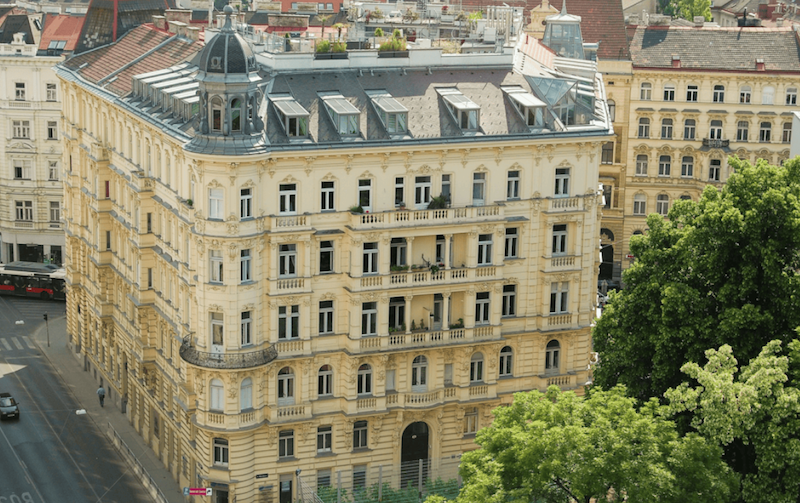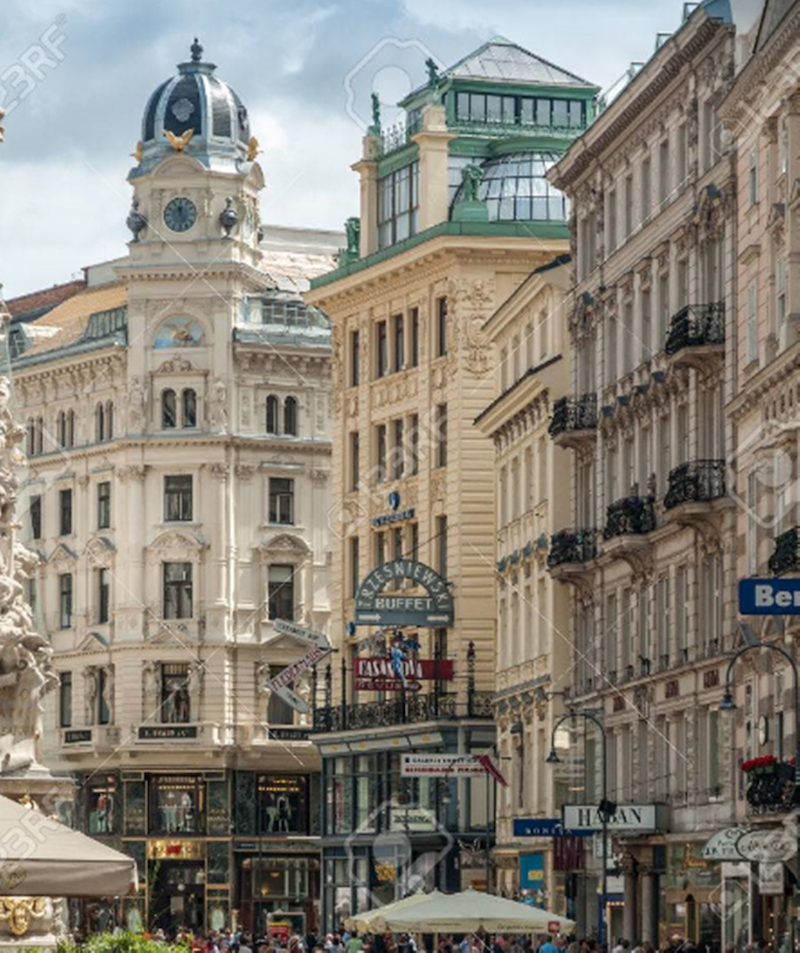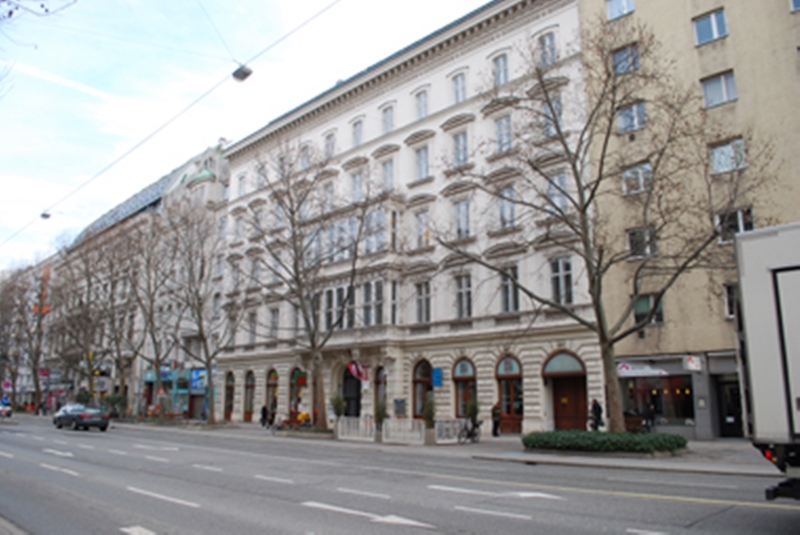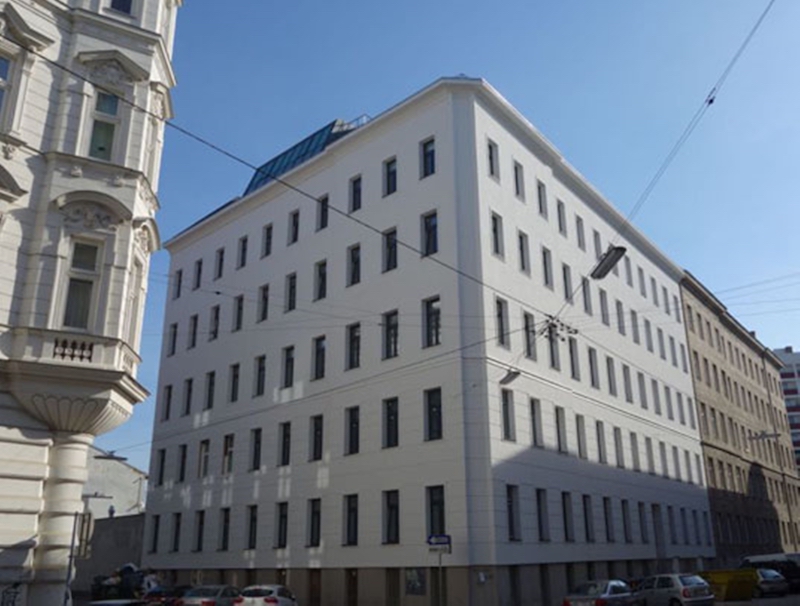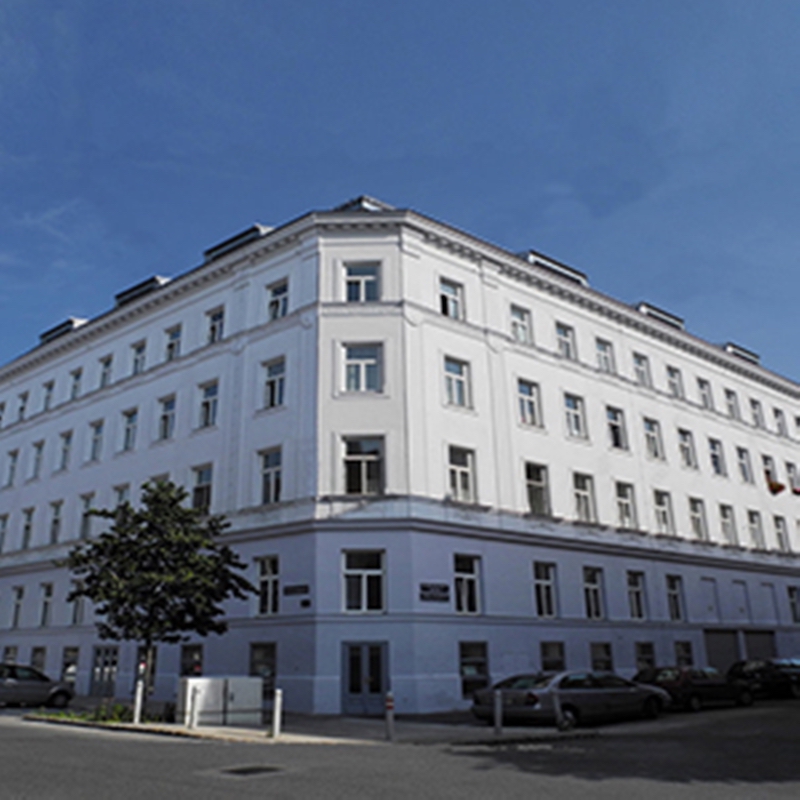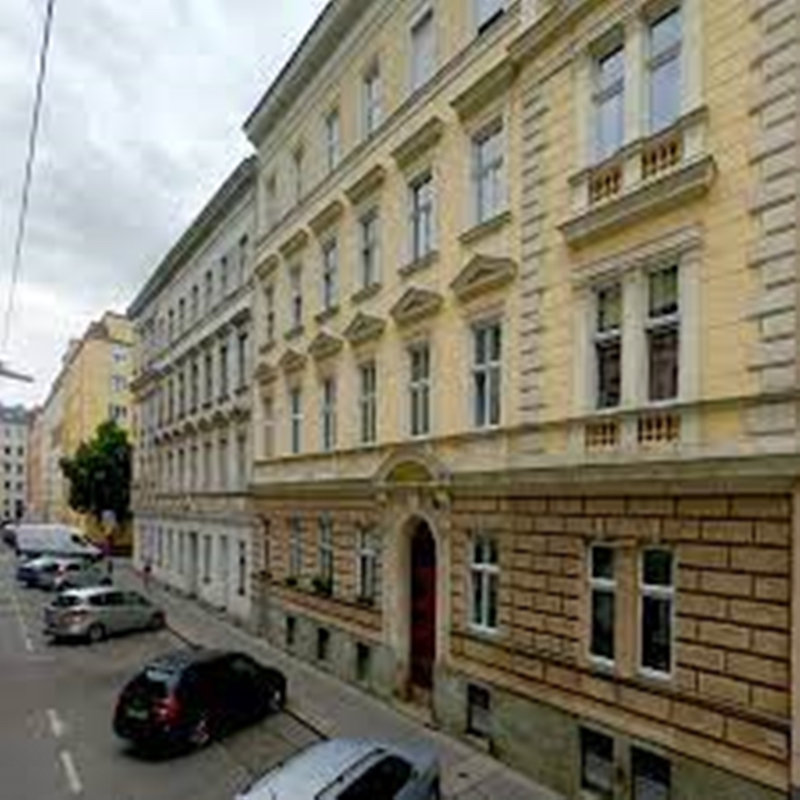Are real estate prices falling in Austria due to the corona crisis?
Even in normal times there is not one property price, but different prices that do not always develop in the same way. Some real estate prices rise, some fall. Real estate markets are limited in space and by class.
The situation in Vienna is different than in other Austrian federal states, for example also in Salzburg, different than in Innsbruck, etc. Residential properties function according to completely different mechanisms than offices, shops and shopping centres, or hotels etc. Of course, these markets are more or less closely interlinked. But even in normal times they can differ significantly from each other. The laws of supply and demand also apply to the real estate market. If there is high demand for a certain class of property in an area, but few are offered, their prices will rise. In the opposite case, prices decrease. After real estate prices in Austria have not yet fallen during the pandemic.
The question arises as to why demand did not decline during the crisis.
In the longer term, when the corona crisis is hopeless.
This crisis also means uncertainty. Nobody knows today what will happen in a week or two. Wealthy people face the problem of safeguarding their wealth. Compared to other investment options, real estate is considered relatively safe. Even if the economy collapses completely, as an investor I still have the property. In order to secure their assets, many investors asked for more real estate with the outbreak of the corona crisis. This effect more than compensated for the crisis-related decline in demand from others, which caused real estate prices to continue to rise. However, this effect cannot last very long, because if the crisis lasts longer and the upswing is further away, companies and shops will be closed and more and more offices and business premises will be vacant.
Nevertheless, vacancies are depressing prices and households will also be more reluctant to buy or rent houses and apartments due to unemployment and short-time working. The longer the crisis lasts, the more the demand for real estate and thus the price will fall. The refugees in “Betongold” not only want to own their properties, but also want to rent them out. As the crisis progresses, this becomes even more difficult and the source of demand will slowly dry up.
Real Estate Recession?
The development of real estate prices in the crisis is currently being hotly debated. The pandemic caused by COVID-19 is having a massive impact on financial markets and the economy worldwide. Even if we have all been living with the impressions of the pandemic for quite a while, many investors, property owners, potential homebuyers and landlords are asking: How will the corona crisis affect the real estate market in the future? Are real estate prices rising or falling due to the coronavirus? In the following, we will get to the bottom of these and similar questions. Due to the current market dynamics, we update the content of this page regularly.
Questions from concerned real estate investors:
- Are real estate prices falling due to the Corona crisis?
- Development of residential property prices due to the Corona crisis
- Development of commercial property prices due to the Corona crisis
- Development of holiday property prices due to the Corona crisis
- Should I wait to buy / sell my property?
Answers from real estate specialists for concerned real estate investors:
- Are real estate prices falling due to the corona crisis?
The crisis therefore had an impact on marketing, but not negatively on the price development of the real estate, because the asking prices for condominiums rose by 13.1% from February to December 2020, for example, and thus even more than in the same period of the previous year (+10.5%). For single and two-family houses, the asking prices were in Austria in the 1st half of 2020 averaged 10.5% above the 1st half of 2019, while in the 2nd half of 2020 they were an average of 10.3% above the 2nd half of 2019.
The interest rate level, which has been low until recently, continues to favour property acquisitions and no increase in interest rates is to be expected in the coming years due to the consequences of the pandemic.
- Development of residential property prices due to the corona crisis
The residential property segment was particularly hard hit by reports of a slump in the market. The bursting of the bubble and the collapse of prices have often been mentioned, but there is still no sign of that at the beginning of 2021. On the contrary, real estate prices are stable and are even rising in many places, and there was no slump in demand. Although there was a significant decline in activities during the lockdown, a catch-up effect can be observed afterwards, with demand for residential real estate higher than at the already high pre-crisis level, only a change in demand behaviour is to be noted if they have a good connection and infrastructure, suburbs are becoming increasingly popular.
The trend towards “living in the country” is also referred to as “suburbanization”. These developments clearly show the great stability of the real estate market and will attract even more investors to this asset class in the medium term. A corona effect has so far been less noticeable than it is forecast. Only in a long-term economic downturn would buyers’ willingness to pay decrease noticeably and have an impact on the residential property market. Now, however, it seems that the real estate market has increased despite the corona crisis, especially in large cities. Real estate has once again proven to be a safe investment, particularly in times of crisis.
- Development of commercial property prices due to the corona crisis
Real estate prices in the commercial sector are currently still stable, but the individual sectors are affected to different degrees by the pandemic. While the hotel, gastronomy and retail sectors had a harder time in the corona crisis, logistics and industrial real estate moved into the focus of many investors in 2020. In particular, areas such as e-commerce and food and pharmaceutical logistics recorded a sharp rise in demand for space. Due to the low availability of space in the top markets, the purchase and rental prices there, as well as the yield compression, have risen further recently. The postponement of rental decisions due to the economic uncertainty was decisive for the low number of lettings.
In locations where, in the recent past, due to high growth expectations, e.g. by co-working providers or start-up companies, office space was rented excessively, in 2020 there was increased vacancy and partial subletting, which is why this results in an increase in the vacancy rate by 0.5 percentage points to 3.4% on average for the A locations. However, the vacancy rate, which has risen again for the first time in ten years, has had no significant impact on the rent level, as the limited supply continues to be offset by strong demand for office space.
In 2020, prime rents stagnated at a high level in Vienna, Salzburg and Carinthia, while a slight increase was observed in Linz, Vorarlberg and Styria. How quickly and to what extent the office market regains momentum will depend heavily on the overall economic recovery in 2021. The shutdown of public life and thus many parts of the economy is likely to lead to restrained activity on the office market, at least in the first half of the year. The asset class residential and commercial buildings, on the other hand, is stable and real estate investments remain a safe investment. The asset class of residential and commercial buildings is not referred to as a safe haven for nothing, because the income from investing in residential and commercial buildings is based on a large number of rental contracts, and is therefore subject to relatively low fluctuations. Anyone who invests in other forms of investment, such as stocks, cannot sleep so easy. The stock exchanges are currently showing this again.
- Development of holiday property prices due to the corona crisis
The prices for holiday properties in Austria are also affected by the crisis. In times when international air travel and worldwide vacation opportunities are severely limited, vacationing at home has become much more attractive. Quiet locations that offer as much privacy as possible away from the classic holiday hotspots, and nature-rich locations in farms and in the mountains, are particularly popular with prospective buyers. In the lake and pond regions, modern thatched-roof houses are very popular, while open-plan rooms with plenty of natural light are preferred in holiday apartments. But holiday properties are not only an interesting investment for private use. In the form of short-term rentals, many owners also use their vacation home or holiday apartment as a capital investment. Around 60% of all holiday properties in Austria are at least partially let. In the most popular locations, however, the investment hurdle can be very high due to the real estate prices. Overall, it can be said that holiday properties have been in greater demand since summer 2020 than ever before.
- Should I wait to buy / sell my property?
Understandably, some owners and potential buyers are currently unsure whether a real estate investment makes sense, because from our point of view we can take these concerns away, as in view of the currently largely unchanged market situation, there is no reason for investors and owners not to buy or sell a property from an economic point of view. Even with the low interest rate level, no change can currently be observed. The real estate spokesman explains that there are currently fewer transactions:
“The bans on contact and curfews imposed by the government, as well as business closings ordered by the authorities, impede the usual process of property brokerage. It is true that personal viewings can still be held subject to strict security requirements. However, with numerous bank branch closings again, it is currently difficult for investors to get a loan. Though, the real estate world and the banking world are confident: We are currently registering a number of shifts, but only a few cancellations.
We assume that once the current situation has been overcome, business will continue at the previous level and that there will even be catch-up effects.”
Written by Mr. Bülent Cakmak






